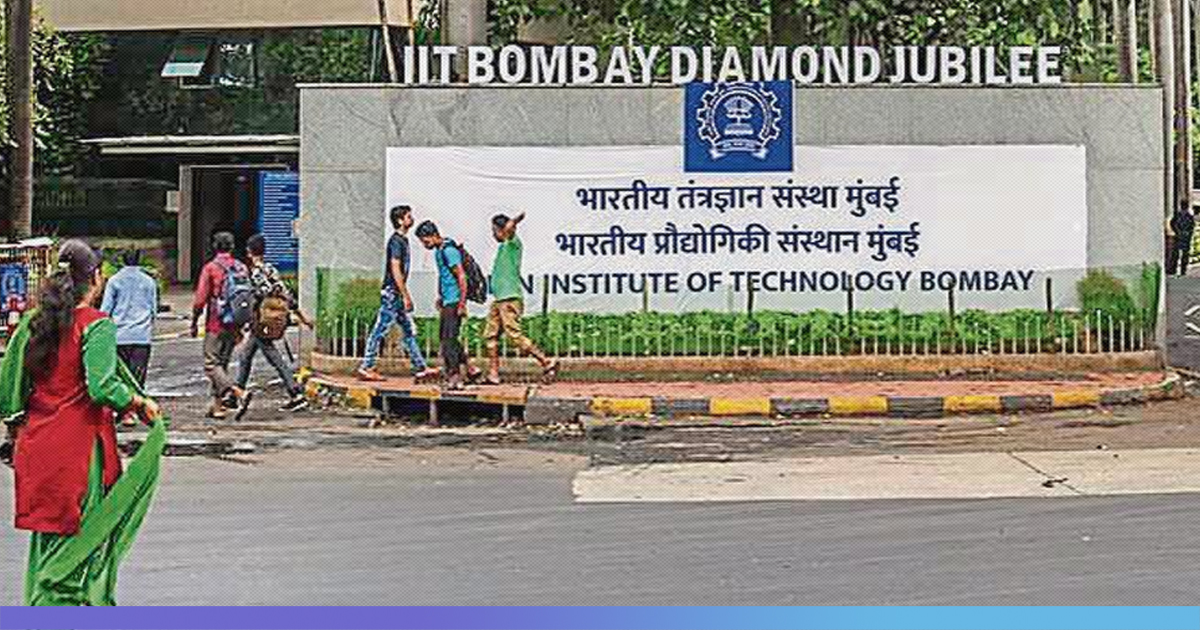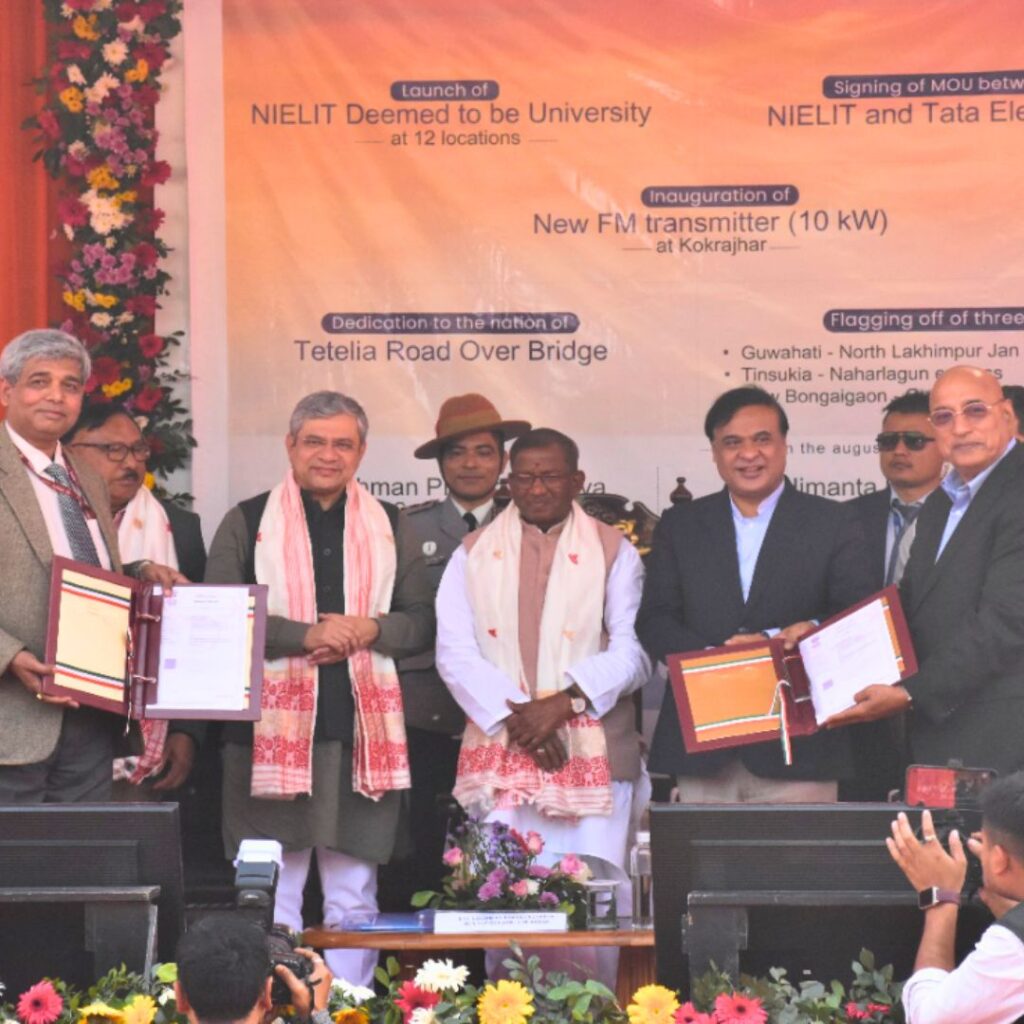In the latest QS World University Rankings for Asia, 96 Indian institutions have featured among 550 top institutions in the continent. Among the 96 Indian institutions, 20 are new entrants.
Indian Institute of Technology (IIT) Bombay leads nationally with 34th place and is followed by IIT Delhi (IITD) and IIT Madras at 43rd and 50th spot respectively.
Of the 31 Indian institutes in the top 250, 18 have dropped compared to last year, 12 gained ground and one remained stable.
Among the top general universities in India, University of Delhi (DU) stood first at 67th, down by five places from last year.
The QS Rankings use a methodology based on 11 metrics. IIT Bombay is the best Indian university in the ‘Academic Reputation’ indicator, which utilises the insights of over 94,000 academics regarding university quality.
IIT Bombay ranked 21st on Employer Reputation Indication which utilises the insights of 44,000 employers regarding the quality of a university’s graduates.
India was at the forefront when it came to ‘Staff with PhD’ as seven institutions achieved the ideal score of 100.00. All the seven were institutions were IITs.
In the research indicators, India has five universities among the top 50 in the Citations per Paper metric and had six in the top 50 in the Papers per Faculty metric.
National University of Singapore is Asia’s top-ranked university for the second consecutive year. The second rank was taken by Nanyang Technological University in Singapore, and it is followed by the University of Hong Kong.
Ben Sowter, Director of Research at QS in a statement said that the Indian higher education system has grown stupendously in the last 10 years. He noted that the number of universities have doubled with the number of colleges increased by 50 per cent.
“The sheer scale of this development is awe-inspiring,” he added.
Also Read: For The First Time, Two Indian Institutes In World’s Top 200 University Rankings











